- Browse
- Music
Results for "music"
 Status: PreviewPreviewS
Status: PreviewPreviewSSAE Institute México
Skills you'll gain: Storytelling, Storyboarding, Content Creation, Media Production, Multimedia, Technical Writing, Digital Communications, Writing, Scripting
4.7·Rating, 4.7 out of 5 stars46 reviewsBeginner · Course · 1 - 4 Weeks
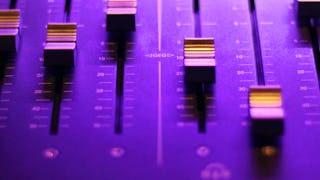 Status: PreviewPreviewG
Status: PreviewPreviewGGeorgia Institute of Technology
Skills you'll gain: Music, Multimedia, Design, Web Content Accessibility Guidelines, Usability Testing, Design Thinking, User Experience Design, Human Centered Design
4·Rating, 4 out of 5 stars27 reviewsIntermediate · Course · 1 - 3 Months
 Status: Free TrialFree TrialU
Status: Free TrialFree TrialUUniversity of Michigan
Skills you'll gain: Generative AI, Art History, Artificial Intelligence, Creativity, Innovation, Collaboration, Experimentation, Music History
4.7·Rating, 4.7 out of 5 stars41 reviewsBeginner · Course · 1 - 3 Months
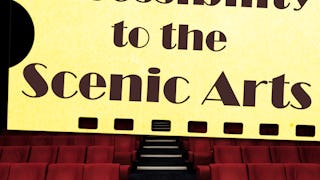 Status: PreviewPreviewU
Status: PreviewPreviewUUniversitat Autònoma de Barcelona
Skills you'll gain: Cultural Diversity, Disabilities, Diversity Awareness, Coordinating, Media and Communications, Web Content Accessibility Guidelines, Communication Strategies, Organizational Skills, Performing Arts, Diversity Equity and Inclusion Initiatives, Planning, Needs Assessment, Policy Development, Law, Regulation, and Compliance
4.7·Rating, 4.7 out of 5 stars34 reviewsIntermediate · Course · 1 - 3 Months
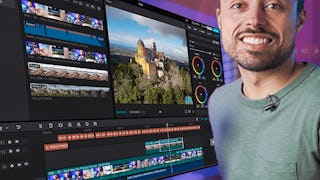 Status: NewNewStatus: Free TrialFree Trial
Status: NewNewStatus: Free TrialFree TrialSkills you'll gain: Video Editing, TikTok, Storytelling, Timelines, Content Creation, Multimedia, Photo/Video Production and Technology, Animations, Color Theory, Typography
4.4·Rating, 4.4 out of 5 stars7 reviewsBeginner · Course · 1 - 4 Weeks
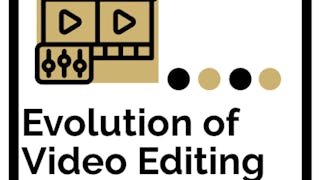 Status: Free TrialFree TrialU
Status: Free TrialFree TrialUUniversity of Colorado Boulder
Skills you'll gain: Video Editing, Post-Production, Storyboarding, Editing, Video Production, Animations, Storytelling, Writing and Editing, Music, Typography, Creative Problem-Solving, Communication
4.1·Rating, 4.1 out of 5 stars12 reviewsBeginner · Specialization · 1 - 3 Months
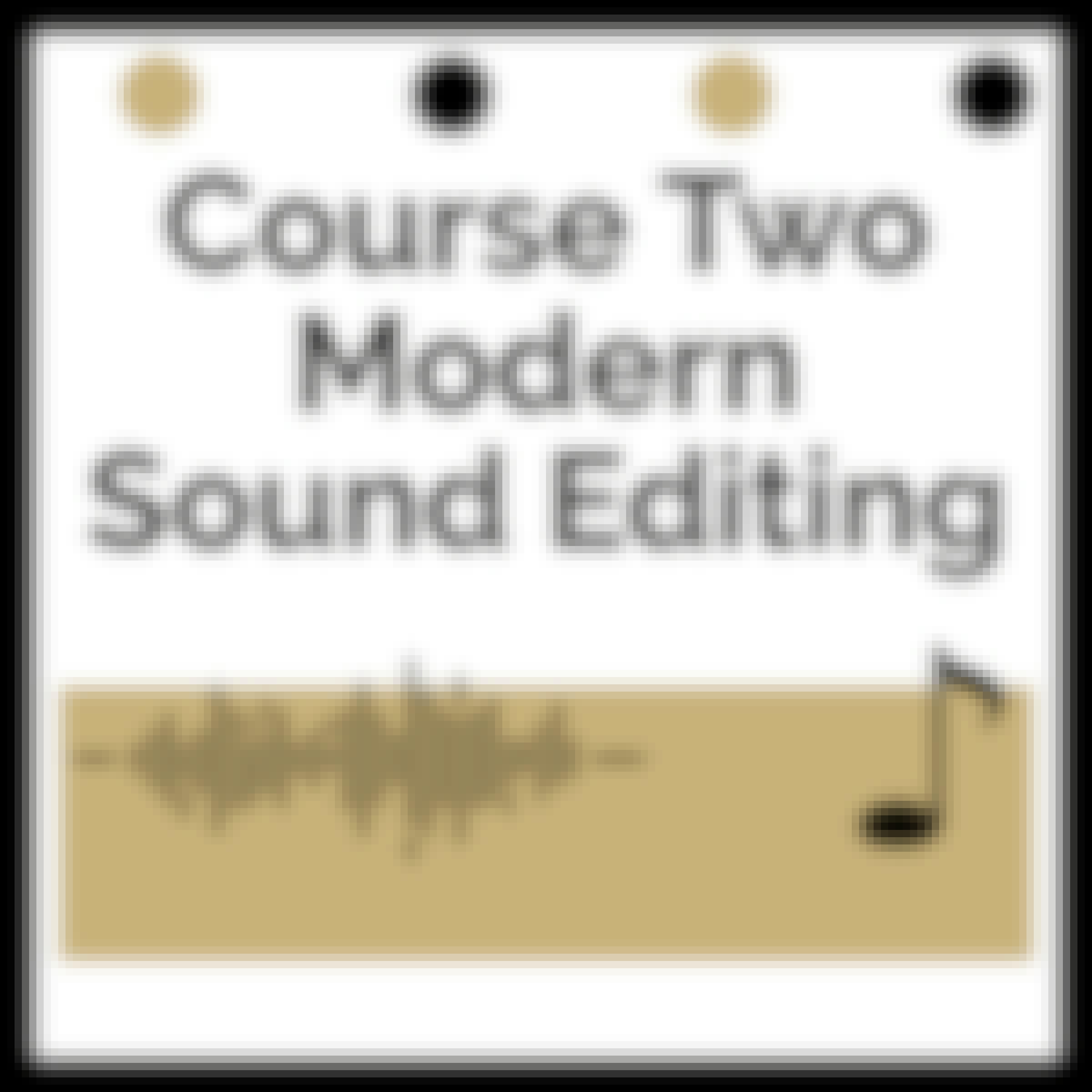 Status: Free TrialFree TrialU
Status: Free TrialFree TrialUUniversity of Colorado Boulder
Skills you'll gain: Post-Production, Video Editing, Video Production, Music, Editing, Storytelling
Beginner · Course · 1 - 4 Weeks

Skills you'll gain: Animations, Canva (Software), Social Media, Storytelling, Content Creation, Social Media Marketing, Graphic and Visual Design Software, Design, Graphic Design, Marketing
4.5·Rating, 4.5 out of 5 stars47 reviewsBeginner · Guided Project · Less Than 2 Hours
 Status: NewNewStatus: PreviewPreview
Status: NewNewStatus: PreviewPreviewSkills you'll gain: Videography, Video Production, Photo/Video Production and Technology, Post-Production, Music
Beginner · Course · 1 - 4 Weeks
 Status: PreviewPreviewB
Status: PreviewPreviewBBerklee
Skills you'll gain: Music Theory, Music, Musical Composition, Instrumental Music, Classical Music, Music Performance
4.5·Rating, 4.5 out of 5 stars15 reviewsBeginner · Course · 1 - 3 Months
 Status: PreviewPreviewC
Status: PreviewPreviewCCalifornia Institute of the Arts
Skills you'll gain: Typography, Graphic and Visual Design, Graphic Design, Visual Design, Design, Design Elements And Principles, Digital Design, Photo Editing, Computer Graphic Techniques, Color Theory, Creativity
4.2·Rating, 4.2 out of 5 stars25 reviewsBeginner · Course · 1 - 4 Weeks
 Status: Free TrialFree TrialU
Status: Free TrialFree TrialUUniversity of Michigan
Skills you'll gain: Responsible AI, Data Ethics, Legal Risk, Artificial Intelligence, Generative AI, Risk Analysis, Creativity, Business Risk Management, Business Ethics, Ethical Standards And Conduct, Environmental Issue, Law, Regulation, and Compliance, Corporate Sustainability, Analysis, Innovation, Intellectual Property, Diversity and Inclusion, Leadership
4.7·Rating, 4.7 out of 5 stars30 reviewsBeginner · Course · 1 - 3 Months
In summary, here are 10 of our most popular music courses
- Storytelling y medios digitales: SAE Institute México
- Sound and Sonification Design for Interactive Learning Tools: Georgia Institute of Technology
- Using AI to Expand Creativity: University of Michigan
- Accessibility to the Scenic Arts: Universitat Autònoma de Barcelona
- CapCut for Desktop: Ultimate Editing for Reels & TikTok: Skillshare
- The Evolution of Video Editing Techniques: University of Colorado Boulder
- Modern Sound Editing: University of Colorado Boulder
- Cómo crear historias para Instagram y Facebook usando Canva: Coursera
- YouTube Production: Video Fundamentals: Coursera
- Introdução à Guitarra: Berklee










